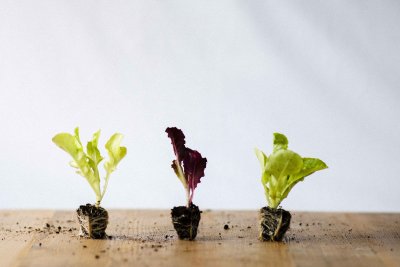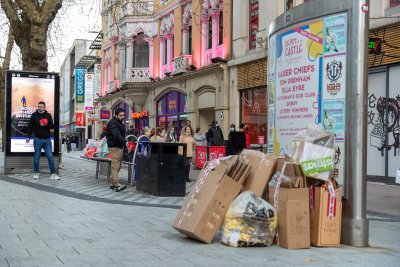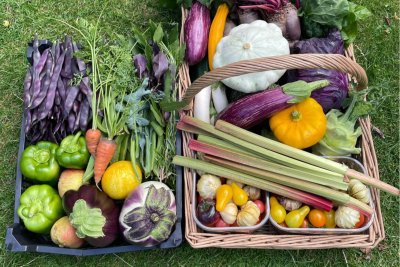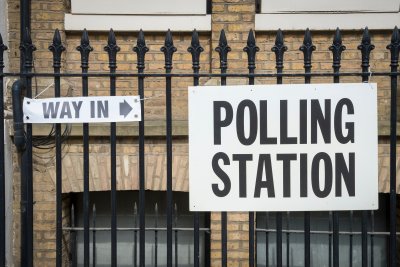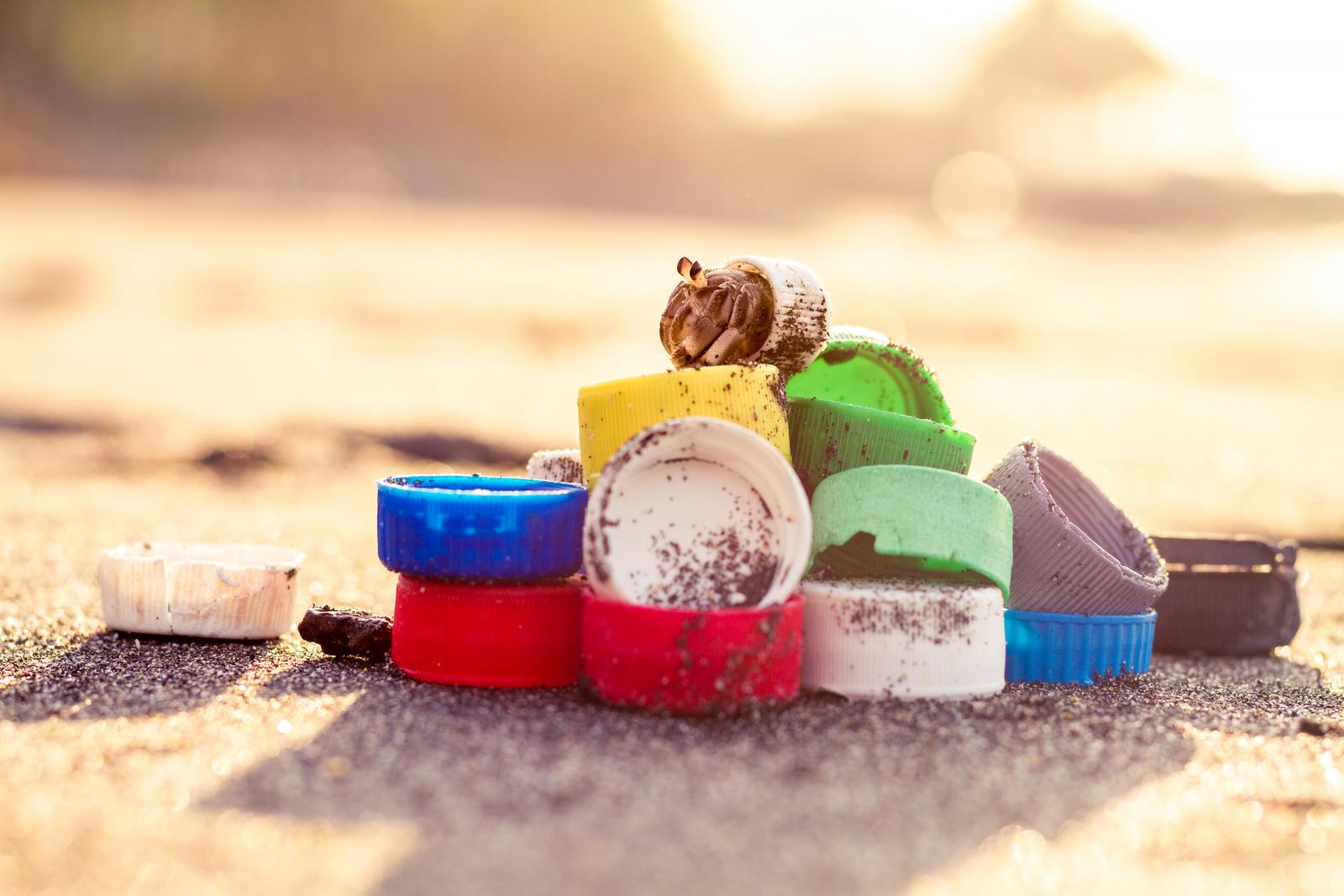 Photo credit Mark Harpur @luckybeanz via Unsplash
Photo credit Mark Harpur @luckybeanz via Unsplash
Go Fizz Free for your health and for the planet
We know that fizzy drinks are bad for our health, but they harm the environment too. This February we're encouraging people, as well as venues and local policymakers, to reconsider their reliance on fizzy drinks. Take part in Fizz Free February for a healthier future.
Ahead of the COP26 climate summit this Autumn, Sugar Smart is bringing together the messages around public health and planetary health. After all, actions to support one usually support the other. And work on these issues must not be siloed and contradictory anyway. That's why this February we are shining a light on the environmntal impact of fizzy drinks, be they sugary or sugar-free. Whether you are an individual wanting to stay healthy, or make decisions that influence local food on offer, we encourage you to #GoFizzFree.
Fizzy drinks pile on the empty carbs and a carbon footprint. In a previous blog, Sugar Smart explored the impact of bottled soft drink overconsumption on the climate, including water use, soil erosion, plastic pollution and local communities in detail. Here are some punchy facts to motivate you to kick the fizzy habit for a month - and for life.
Fizzy drinks carry a heavy carbon footprint:
- One 330ml can of cola embodies the equivalent of 170g CO2. A can of diet cola is only marginally less impactful at 150g CO2. A glass of tap water only uses 0.03g CO2.
Fizzy drinks take up much more than shelf space:
- The UK land used to grow sugar beet, a key fizzy drink ingredient, is equivalent to the land used for all other vegetable crops combined.
- Sugarcane, another main ingredient, is a major contributor to deforestation. To meet current demand, farmers will need to cultivate nearly 50% more land by 2050.
Fizzy drinks pollute the body and the environment:
- In the UK, 43% of soft drink bottles are not recycled after use. These bottles take 400 years to fully decompose.
Fizzy drinks use a lot more water than they offer:
- It takes up to 310 liters of water to make one 500ml bottle of fizzy drink.
What can you do?
- Make the pledge to go fizz free for the whole month of February. Share your progress and motivations with us by tagging @SugarSmartUK and using the hashtag #GoFizzFree.
- Promote these messages across your networks. You can find downloadable graphics and sample tweets here.
- If you are part of a setting or venue that offers food, consider reducing or removing your fizzy drink offer, as part of your healthy eating and climate action strategy. Register on the Sugar Smart website to access resources and guidance to remove unhealthy food and drink, ban unhealthy advertising and improve the vending offer.
SUGAR SMART is a campaign run by Sustain. SUGAR SMART is one of the featured campaigns in the UK's Sustainable Food Places network.
Sugar Smart UK: Want your local area to become Sugar Smart?
Sustain
The Green House
244-254 Cambridge Heath Road
London E2 9DA
020 3559 6777
sustain@sustainweb.org
Sustain advocates food and agriculture policies and practices that enhance the health and welfare of people and animals, improve the working and living environment, promote equity and enrich society and culture.
© Sustain 2024
Registered charity (no. 1018643)
Data privacy & cookies
